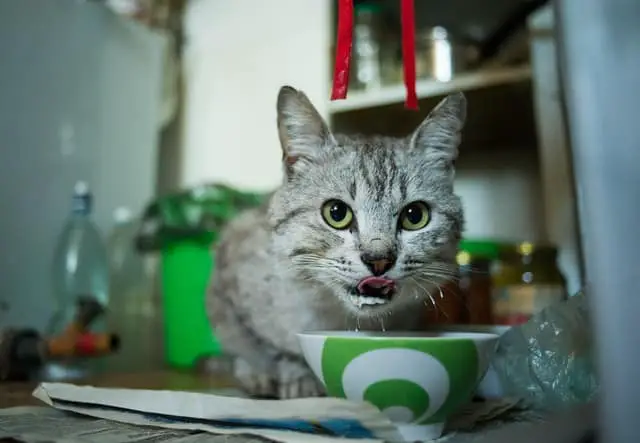
Can the cat take lactic acid bacteria? And if so, on what occasions? Here’s everything you need to know about it!
Raise your hand if you have never had intestinal problems. Everyone, sooner or later, is subject to such malaise, even if it were a single episode. Even our four-legged friends can have this small drawback. Where, however, annoyance becomes a constant, we wonder if the intake of lactic acid bacteria can be a solution. Here is the opinion of the experts.
Can we give the cat lactic acid bacteria?
Yes, lactic acid bacteria can also be very useful for our cat friends. Unfortunately, even the cat can have some discomfort that involves the need to resort to such products. There are no particular contraindications, although obviously a lot of caution is needed.
It is always advisable to contact our trusted veterinarian, in particular if it is the first episode that may give rise to the need to give the cat lactic ferments or if you are at the first experiences with pets and you do not yet know how to move.
In any case, lactic acid bacteria should be given according to the prescribed doses, and only when there is a need: that is, when the cat is sick.
When to give lactic acid bacteria to the cat?
It being understood that lactic acid bacteria must be given to the cat when there are intestinal problems, it must be clarified what are the specific situations to which we refer. The classic example is in the hypothesis in which the cat has diarrhea. Of course it is necessary to understand on what cause the disorder depends.
This is because lactic acid bacteria act on the cat’s intestinal flora, restoring and helping it, but they do not solve the problem at the root. The same goes for the hypothesis in which the cat suffers from stress, and the disorder affects the cat’s intestinal flora.
Lactic acid bacteria greatly help the feline during the period of difficulty, but the problem underlying the disorder must still be eliminated. Attention also to sudden changes in diet; it may take some time for the cat to get used to it. We obviously assume that it is a diet that is imposed for medical reasons.
In all other cases it is good to evaluate if it is a healthy, balanced diet and above all suitable for your cat; in any case, in the absence of any urgency dictated by health reasons, the transition to a new menu must take place gradually, especially if the cat suffers greatly from the transition to a different diet.
Intestinal disorders could also be caused by medications taken by the cat, such as antibiotics. It is assumed that, being the same prescribed by the trusted veterinarian, the professional has informed you about the possible side effects and the possibility, in the case, of giving the lactic ferments to the cat.
The various types of lactic acid bacteria

Among the lactic ferments we distinguish between three main categories:
- Prebiotics: these are substances, not digestible, which are present in various types of food (mainly vegetables and fruits). They have the function of forming or helping to develop microflora in the body. To be avoided in case the cat suffers from irritable bowel;
- Probiotics: Probiotics for cats are living organisms (unlike prebiotics) that help the growth of bacteria useful for strengthening the immune system. They are a type of lactic ferments particularly useful in case the cat suffers from diarrhea and other intestinal disorders;
- Symbiotics: this type of lactic acid bacteria represents a mix between prebiotics and probiotics, constituting a good compromise between the properties of both types.






